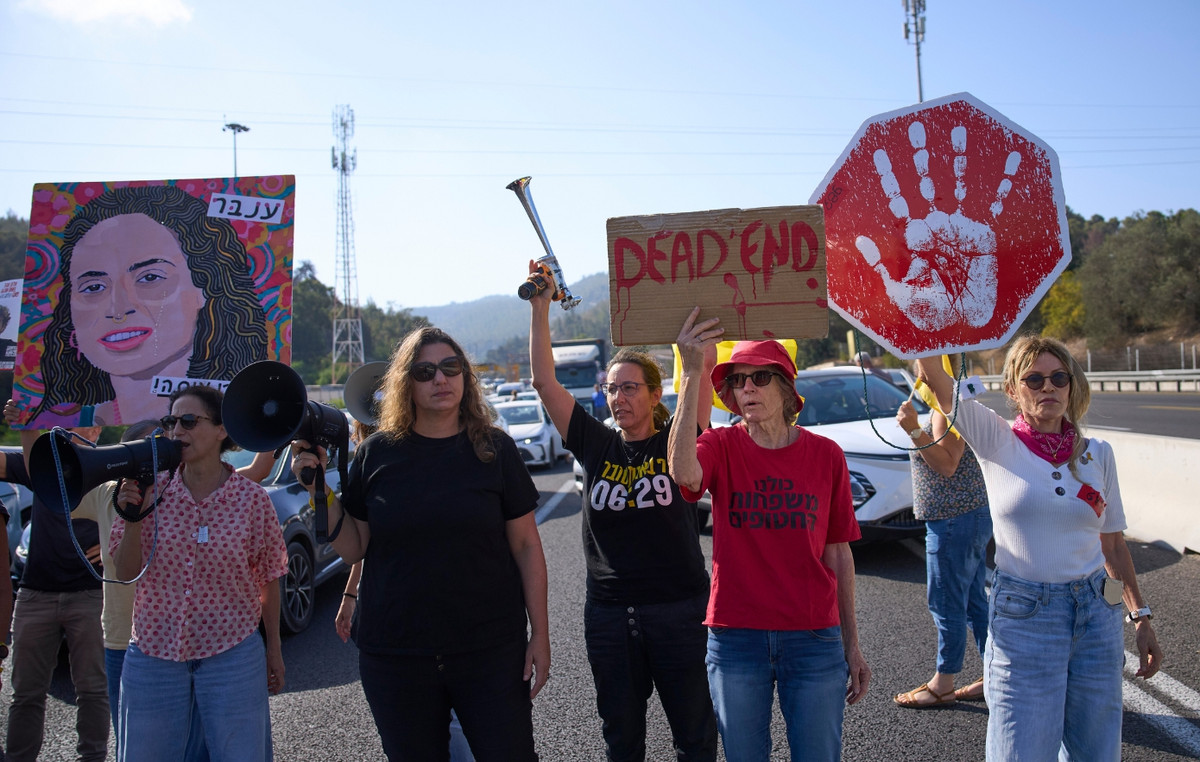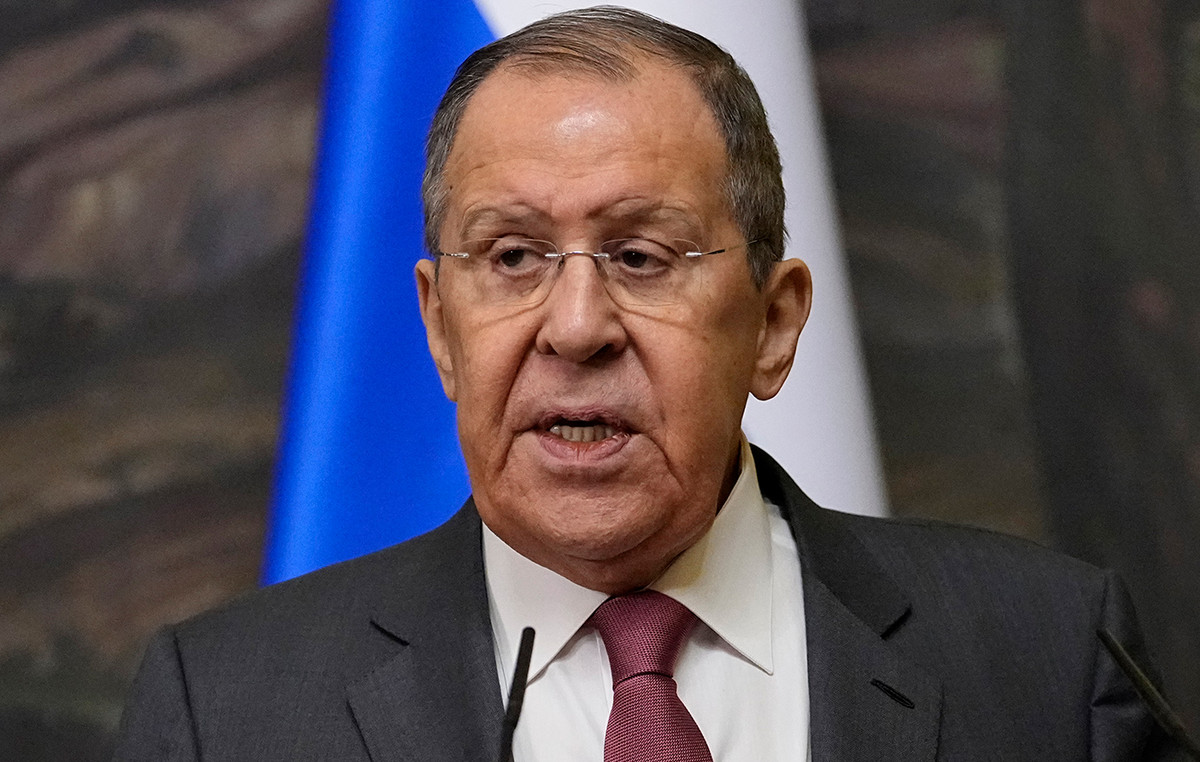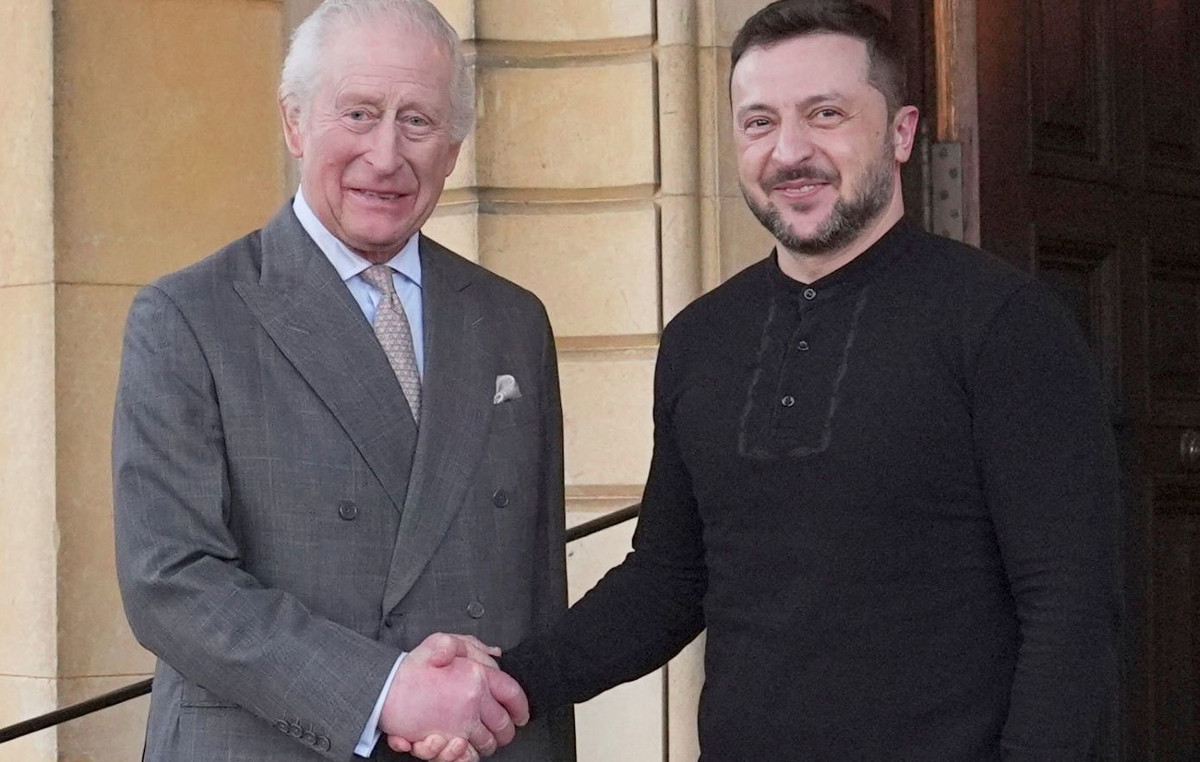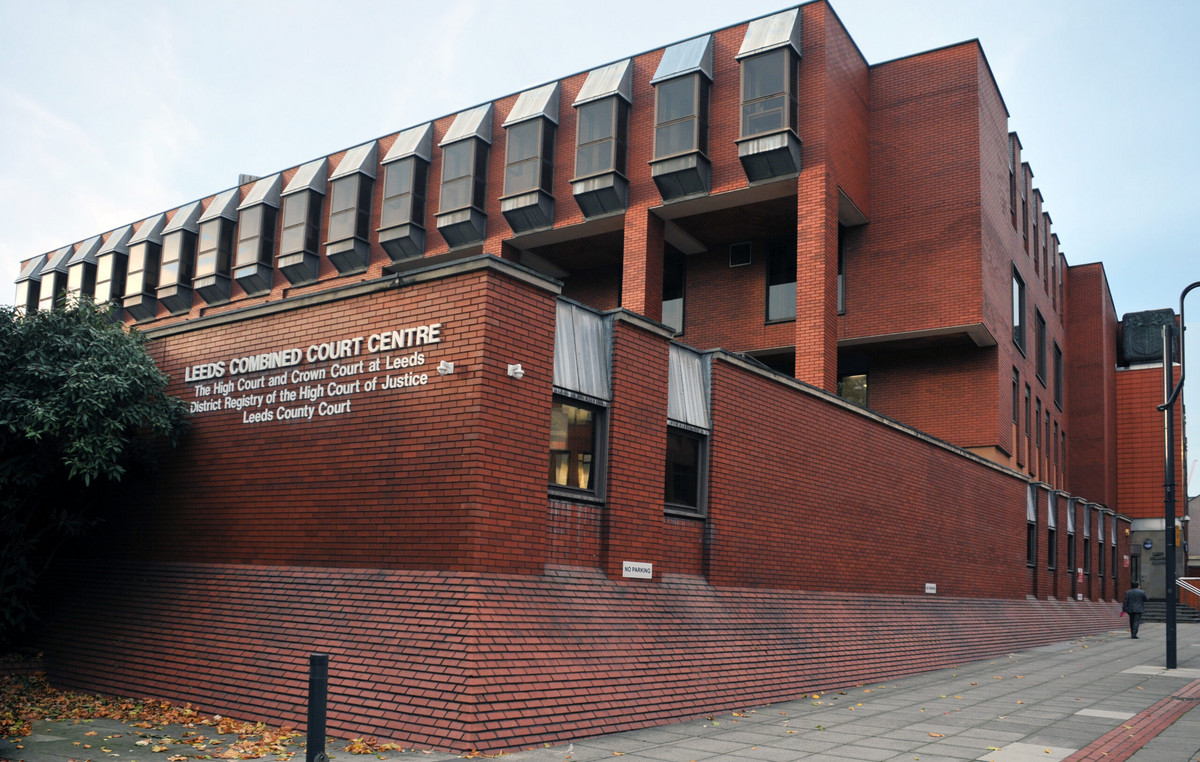60% of those recovering from Covid-19 are still symptomatic two months after healing. This was stated in an observational study conducted by the Irccs Policlinico Sant’Orsola in Bologna, in particular by the pneumology and respiratory intensive care department directed by Stefano Nava, published in the specialized journal Respiration.
After six months the percentage decreases but still remains high, about 40%. Symptoms of this form of long Covid still largely to be investigated are difficulty in breathing, weakness and cough. Chest pain, tachycardia, balance disturbances, nausea or low-grade fever also follow. The survey involved 100 patients treated by the post-Covid specialist pulmonary clinic after hospitalization occurred during the first Covid wave. We are therefore talking about people infected with the original strain of Sars-CoV-2.
The originality of this study – highlighted by Sant’Orsola – is linked to the fact that the same patients were re-evaluated two and six months after discharge, while most of the follow-up studies available in the literature to date concern just one evaluation. And therefore, as explained, they still tell us little about the so-called long Covid.
In this case, a visit, respiratory function tests, 6-minute walk tests (to assess tolerance and saturation under exertion), pulmonary ultrasound and chest X-ray were performed at two months. At six months, the evaluation also included a high-resolution CT, computed tomography, chest, in order to investigate the radiological evolution of Covid-19 pneumonia.
Lung function tests – results from the titled study Spontaneous evolution of Covid-19 lung sequelae: results from a double step follow up – identify a significant improvement in lung function for two to six months, with 86% of patients showing normal spirometry just six months after hospital discharge. The functional examination that most often reveals itself to be altered at six months is instead the alveolus-capillary diffusion of carbon monoxide (Dlco): it is a test that measures the ability of the alveolo-capillary membrane of the lung to exchange oxygen. This observation is justified by the fact that Covid-19 pneumonia, being interstitial pneumonia, affects this pulmonary structure, whose complete recovery can take even more than six months. They were found that, in all likelihood, in those who are vaccinated, the Omicron variant would only partially cause it, given the lower ability to affect the deep respiratory tract.
On the other hand, the 6-minute walk test shows that patients who have had more severe acute interstitial pneumonia walk shorter distances two months after discharge and tend to have greater desaturation under exertion. These data – the study reads – however tend to improve over time, suggesting a progressive recovery of effort tolerance, even in the absence of a standardized rehabilitation program.
Radiologically, most patients, 64%, two months after admission, present changes in chest x-ray. However, comparing the chest CT performed during hospitalization with that performed at six months, a progressive reduction in the extent of the disease and in the density of pulmonary consolidations can be noted. Again, unsurprisingly, the chest CT scans that show more severe pictures at six months are those of patients who were more severe during hospitalization. Only 26% of Tc at six months are perfect: however – the health professionals argue – by its nature, interstitial pneumonia takes a long time to resolve radiologically and, as in all pneumonia, clinical recovery precedes radiological one.
Other stories of Vanity Fair that may interest you
Silvia and Long Covid: “After 5pm I don’t think anymore”
We are the storiesEricka Olaya: “Long Covid has changed me forever”
Source: Vanity Fair
Donald-43Westbrook, a distinguished contributor at worldstockmarket, is celebrated for his exceptional prowess in article writing. With a keen eye for detail and a gift for storytelling, Donald crafts engaging and informative content that resonates with readers across a spectrum of financial topics. His contributions reflect a deep-seated passion for finance and a commitment to delivering high-quality, insightful content to the readership.







